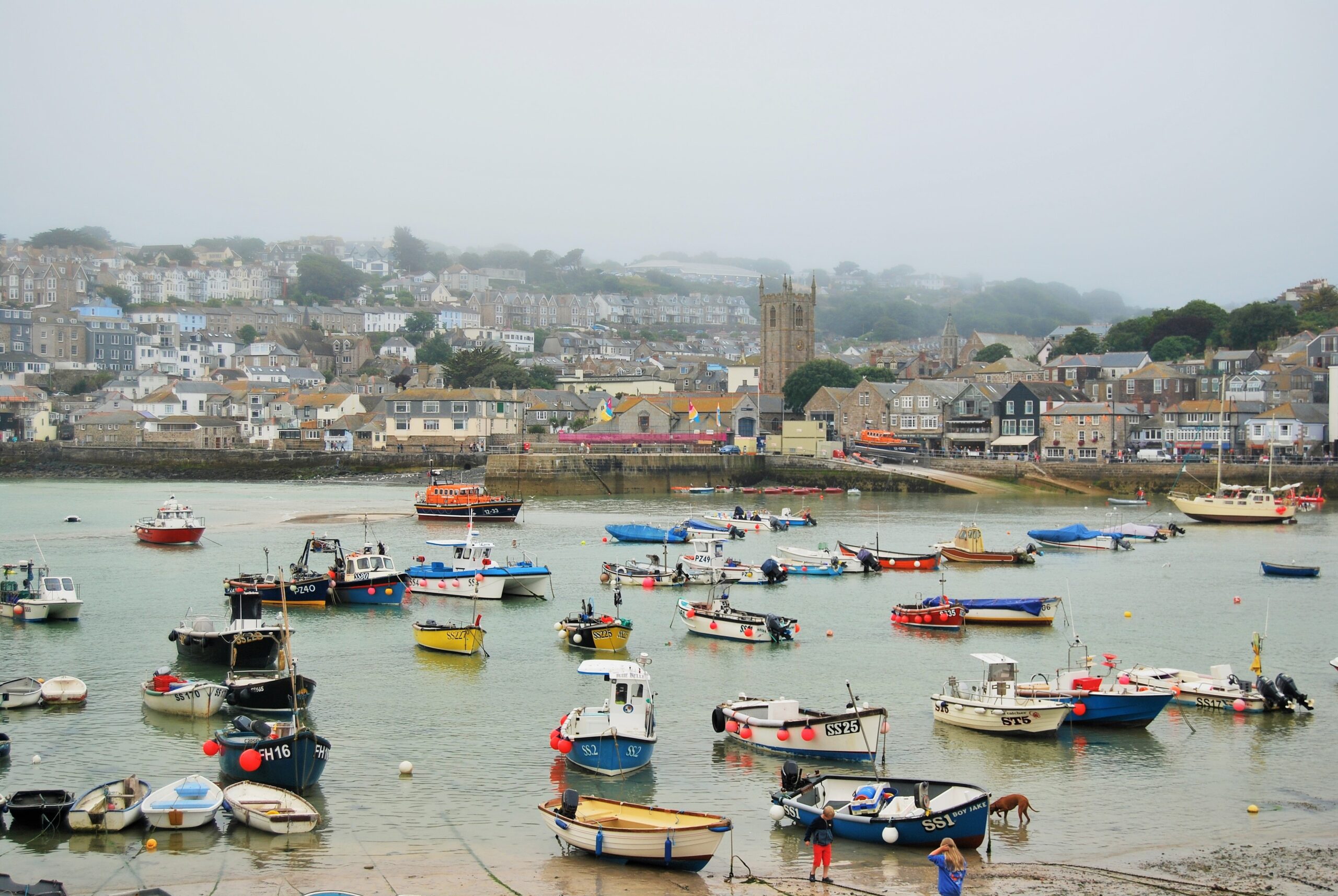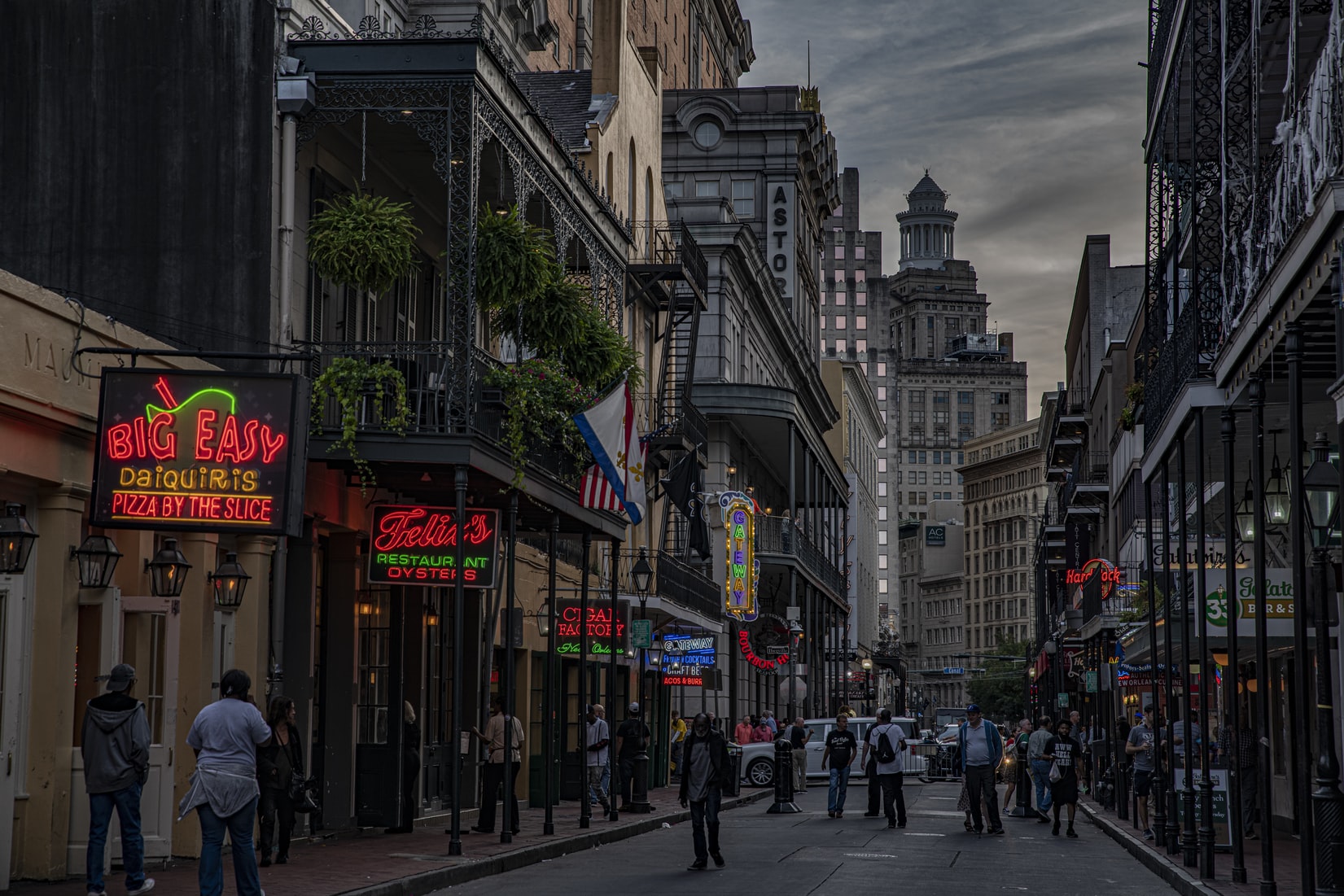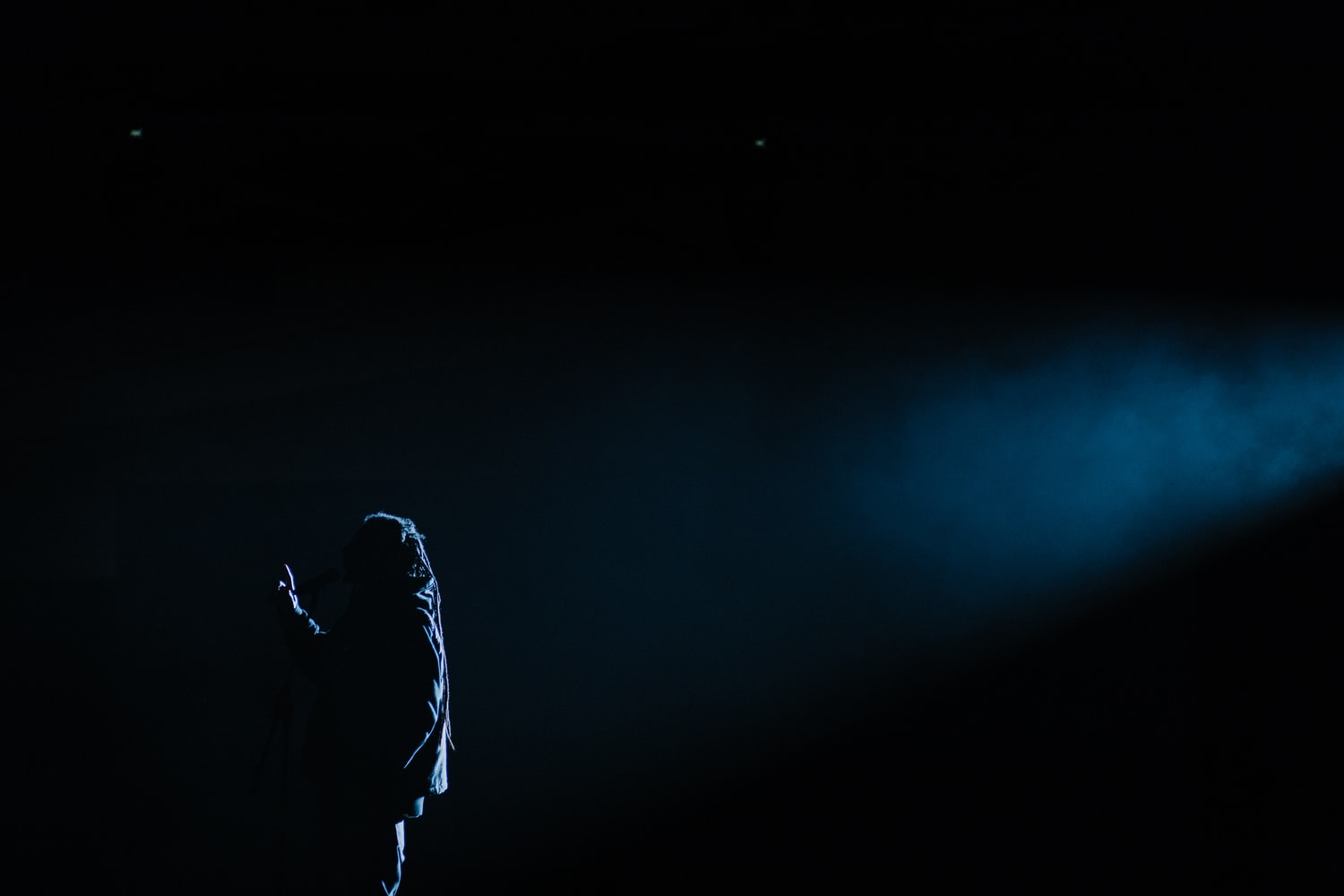In his book Humankind, Rutger Bregman illustrates how people are, at a basic level, decent.
Reading this in lockdown at the end of the year long pandemic, and having spent three years writing a novel (The Vanishing Point) about the potential end of humanity, it was a message I really needed to hear.
In my work with The Eternal Business, where I advise companies on preparation for sale to Employee Ownership Trust, the concept of purpose features highly. There is a lot more interest in working for purpose not profit these days. This is especially true for the younger generation, who are much more einterested than my generation was in working for businesses with a strong sense of purpose, rather than just to make money.
The capitalist economic model that has been a default since the industrial revolution has created huge wealth and opportunity from which we all benefit. It has also, however, come at enormous cost. Standards of living have raised by an incredible amount around the world, but wealth has become increasingly poorly distributed.
And, of course, there is the small matter of the anticipated six mass extinction of all life on the planet.
Self Interest
One assumption that is the absolute heart of freemarket economic theory is that of self interest. It is self interest, so it is assumed, that drives people to want to succeed, be rich, and buy expensive things. It is self interest that makes us want to set up businesses, to compete with each other in order to see who will be the winner, with success defined in economic terms by who is the richest.
The trouble is, it turns out that this assumption (like so many in traditional economics) is incorrect. Some people are driven by self interest, for sure. But, as Humankind tells us, most of us are not.
Compassion and purpose
Rutger Bregman shows that far from wanting to compete with each other, our natural instinct is to help each other.
This means that the free market system at the heart of capitalism does not benefit all; it benefits those few who are driven by self interest.
This is why we have situation where, at one point in 2020, it was estimated that it would take a budget of $256bn to reverse climate change and prevent the extinction of humanity. To put this in perspective, the three wealthiest people on the planet could afford to cover this between them and still have $10bn left each.
But they haven’t.
There is hope, though. There is a real movement for new economic systems, to change how capitalism works. Employee ownership putting control and profit in the hands of the employees; B Corps; Donut Economics; the Ellen McArthur Foundation. And many, many more.
Purpose and wellbeing are two of the buzzwords in business right now, and I for one hope this continues for a long time to come.
Written by : Chris Budd

Subscribe to Chris’s Newsletter
Be notified about future book signing dates and his latest musing
Adding your email gives Chris your permission to send you an occasional email. You can unsubscribe at any time.





